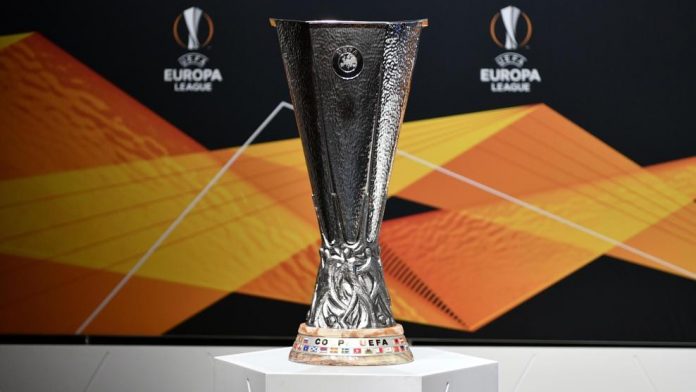Adem Ljajic slumped down on the Roma bench, retreating into his heavy coat to obscure part of his face. The Serbian simply couldn’t watch as Juan Iturbe jogged out onto the pitch at the Stadio Olimpico to take his place, matters having gone south for the Giallorossi just minutes before. Samir Nasri’s searing strike from distance had put the capital club’s hopes of progressing to the Champions League knockouts on life support, just the harbinger of the killer blow. With five minutes remaining in the match, Pablo Zabaleta added insult to injury to confirm that Manchester City were headed onward in Europe’s elite competition – and Roma would be left with the Europa League as a consolation.
That night in the Eternal City capped off what is in retrospect a mentally devastating Champions League run for Rudi Garcia’s men. Despite the low of a 7-1 loss to Bayern Munich at home on match day three and another defeat to follow at the Allianz Arena, Roma were still in position to progress. But conceding a farcical late equaliser to CSKA Moscow and failing to take their chances against City doomed them in the final two matches of the group stage. The resurgent darlings of Serie A simply didn’t have the proper mindset to finish the job for all their talent – and paid handsomely for it.
What’s left is a one-way trip down the ladder to the Champions League’s scorned, less illustrious cousin. The Europa League is like that clingy relative nobody ever wants to see at family functions. But the painful truth is that it’s what Roma have before them now. In fact, it’s what five of the six remaining Serie A sides in Europe have – and it’s time to show that scorned cousin some hospitality for the greater good.
Back in the days of the UEFA Cup – which garnered more respect prior to being rebranded – Italian teams were the dominant force in the competition. Italian sides won the competition a record nine times. Juventus and Inter to this day hold the join record for the most titles with three alongside Liverpool and Sevilla. But after Parma won the 1998-99 edition in Moscow, a Serie A side hasn’t since appeared in the final. The tournament began to be seen as more of a hindrance than worthwhile. This continued into the Europa League era – in which Italian sides have visited the quarter-finals on only a paltry three occasions. Of course, in this same time, Serie A forfeited its fourth Champions League place to the Bundesliga due to a declining country coefficient. Poor performances in the elite competition were only exacerbated by even worse showings in the Europa League.
If Italian football has any designs of getting that fourth place back any time soon, the truth is that the Europa League is the key. Sure, it looks terrible for Serie A to have only a single club – Juventus – in the Champions League round of 16. Yet the Europa League represents opportunity from a numerical standpoint, and needs to be treated as such. Of the five participants – Roma, Fiorentina, Napoli, Inter and Torino – all but the latter have the quality within their ranks to claim the trophy come May. Doing so would give Italy’s coefficient a considerable and much-needed boost, which will be crucial if Serie A is to seriously mount a challenge to return to the top three in Europe in the next five to 10 years.
Beyond this marco-level need for a strong collective push, there are micro-level ones as well. Italian sides generally have poor individual coefficients, which leave them in precarious positions in terms of seeding for continental competitions on a yearly basis. Deep runs in the Europa League would go some way to resolving this issue. Then, there’s player experience to consider. The later rounds of the Europa League are populated by quality sides despite the competition’s impoverished reputation. Playing in a pressurised environment against solid opposition is valuable for players, especially young ones who need to learn to succeed outside of the weekly grind of league fixtures.
The greatest prize on offer, however, is Champions League football. From this edition of the Europa League forward, the winner earns entry into its more glamorous counterpart. Should an Italian club that finishes outside of the top three in Serie A indeed triumph in the final this term, the league will in turn field four teams in the competition in 2014-15, a throwback of sorts to the years of old.
Uncomfortable as it may be to admit, Serie A sorely needs the Europa League at this point in time. If clubs aren’t to do the business in the Champions League, another way to press on in the coefficient battle has to be found – and this alternate path is plainly right there for all to see. Nobody wants to sit in company of the scorned cousin over his groomed, immaculately coiffed opposite number, but that’s what it’s come to for Italian football. Bite the bullet and commit, and the rewards will slowly come over the years. Italian clubs must no longer turn their nose up at what they see as an inferior joust – before they can run once more, they must first relearn how to walk.
Add Sportslens to your Google News Feed!







